Europe
Some of Europe’s most famous leaders govern in the early modern period. Napoleon, Peter the Great, and Charles XII change and challenge Europe. Religion and religious ideas are transformed as new ideas move across Europe developing science, economics and culture, all of which are covered in this section. Read more
Sort by:
Date (Newest first) | Title A-Z
Show:
All |
Articles |
Podcasts |
Multipage Articles
-

Mercurial justice: a Jesuit chaplain’s view of life in the prisons of sixteenth-century Seville
ArticleClick to view -

My Favourite History Place: The Beguinage at Bruges
ArticleClick to view -
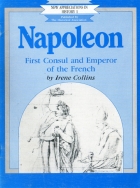
Napoleon: First Consul and Emperor of the French
ArticleClick to view -
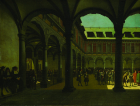
Origins of the European financial markets
ArticleClick to view -

Out and About in Stockholm
ArticleClick to view -

Peter the Great
ArticleClick to view -

Philip II of Spain: The Prudent King
ArticleClick to view -

Podcast Series: Origins of the European Financial Markets
Multipage ArticleClick to view -
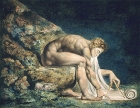
Podcast Series: The History of Science
Multipage ArticleClick to view -
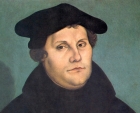
Podcast Series: The Reformation
Multipage ArticleClick to view -
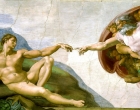
Podcast Series: The Renaissance
Multipage ArticleClick to view -
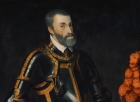
Podcast Series: The Spanish Golden Age
Multipage ArticleClick to view -

Podcast Series: Thomas Paine
Multipage ArticleClick to view -
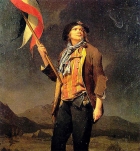
Polychronicon 150: Interpreting the French Revolution
ArticleClick to view -

Popular revolt and the rise of early modern states
ArticleClick to view -
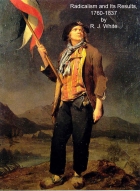
Radicalism and its Results, 1760-1837
ArticleClick to view -
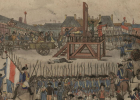
Robespierre: a reluctant terrorist?
ArticleClick to view -
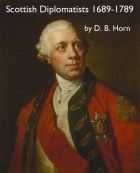
Scottish Diplomatists 1689-1789
ArticleClick to view -

Secular acts and sacred practices in the Italian Renaissance church interior
ArticleClick to view -

Sweden’s forgotten revolution
ArticleClick to view

